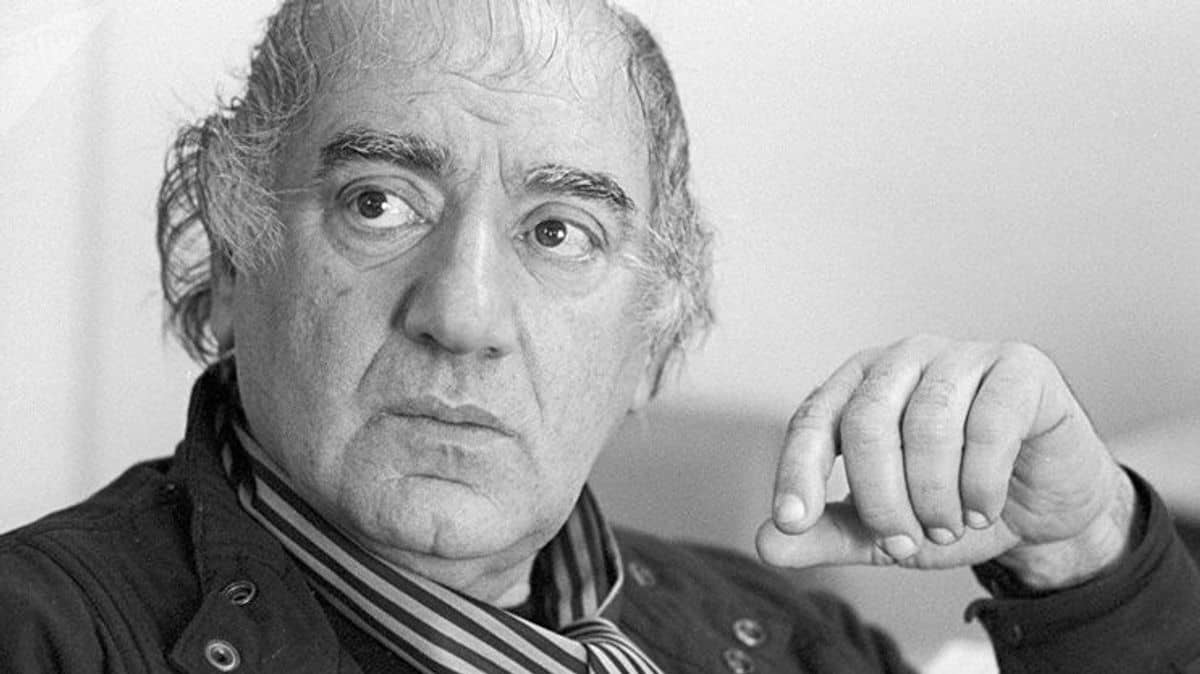Although not one of the most popular names of Soviet Armenian music, Avet Terterian’s symphonies became a turning point.
Avet (Alfred) Terterian was born on July 29, 1929, in Baku. His parents did not have professional studies of music, but his father, who was a doctor, dabbled as opera singer, while his mother appeared in concerts. His brother Herman was a renowned opera conductor. He studied at the Music Academy in Baku between 1948 and 1951, when he transferred to the Romanos Melikian Music Academy of Yerevan. A year later, he started studying composition at the Komitas State Conservatory of Yerevan. As a student, he mostly composed vocal and instrumental works.
Terterian was executive secretary of the Armenian Composers’ Union (1960-1963) and vice president (1963-1965). Later, he became chairman of the music department at the Armenian Ministry of Culture (1970-1974) and professor at the Komitas State Conservatory in 1985. He passed away on December 11, 1994, in Yekaterinburg (Russia), where he had arrived to participate in the annual music festival named after him, and was buried in Yerevan. A music school in Yerevan bears his name. His son Ruben Terterian (1959-2020) was also a musicologist.
Terterian composed eight (completed) symphonies (1969, 1972, 1975, 1976, 1978, 1981, 1987, 1989). His ninth symphony (1994) remained unfinished. The composer was mostly known by his symphonies, whose avant-gardism—his first symphony was written for brass instruments, drums, organ, and bass guitar—and original use of Armenian religious music not only opened a new page in Armenian composition, but also in Soviet and world music. In some symphonies, Terterian even used Armenian folkloric instruments (duduk, zurna, tarr, et cetera).
He also authored two operas (Ring of Fire, 1967; Earthquake, 1984), the ballet Monologues of Richard III (1984), several chamber works, many works for voice and musical instruments, sonatas, et cetera. He was the author of the music for Frunze Dovlatian’s noted film Chronicles of the Days of Yerevan (1973), and many of his compositions were used in various Russian and Armenian movies in the last years of his life and posthumously.

